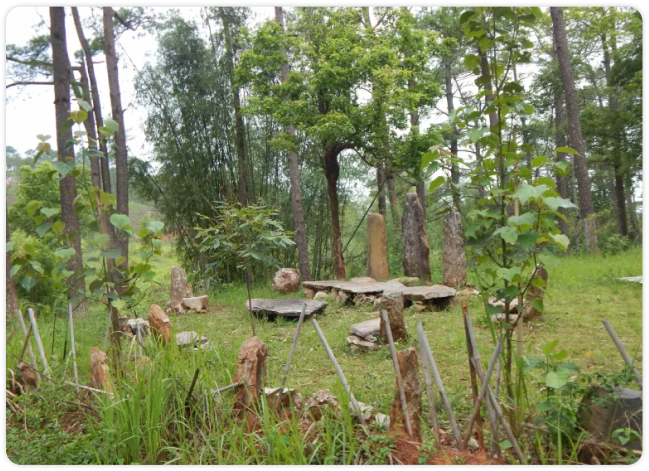Current projects & open positions
Open positions
There are currently no open paid positions in the lab.
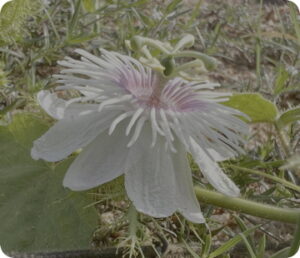
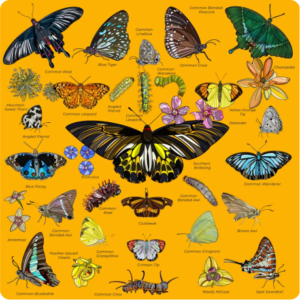
PROJECT: Effects of extreme weather events on butterfly behaviour in the urban environment of Bangalore, India
Watch a 2 minute video about this collaborative project with researchers from the Indian Institute for Human Settlements (@RaviJambhekar, @JagdishKrishna8), funded by the Bengaluru Sustainability forum. Drawing by Ravi Jambeheker.
PROJECT: The butterfly-parasitoid food webs associated with citrus and wild Rutaceae relatives
In this project we are comparing the communities of butterflies (mostly Papilio) and their parasitoids associated with Rutaceae host plants in natural, agricultural and urban settings. One long term aim of this SERB funded project is to determine the biotic (parasitoid, predator and diseases) and abiotic factors behind the dynamics of the butterflies in these different settings.
This project is the focus of PhD Student Anaswar P.
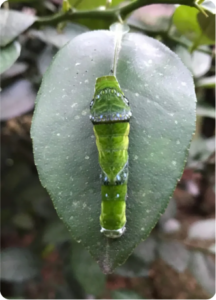
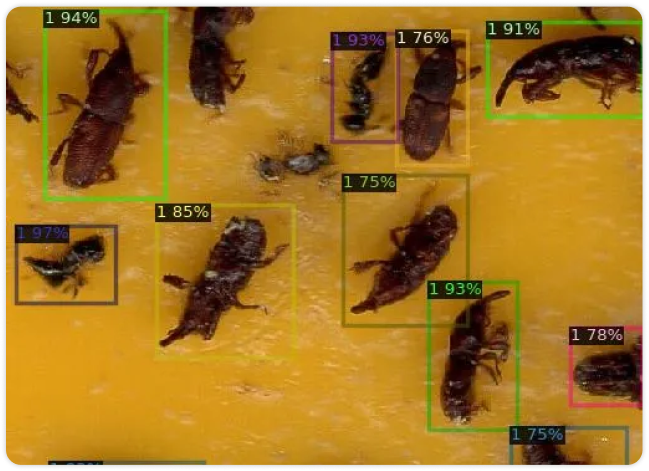
PROJECT: AI-assisted insect monitoring for sustainable plant protection in times of change the Asian citrus psyllid as a case study
In this project we are developing an AI platform for visual monitoring of the Citrus Psyllid and its natural enemies in India, where the insects are native. Based on this monitoring we will develop a spray threshold model that takes into account the density of the pest and the enemies, to reduce application of pesticides to citrus crops. This is a DST funded international project with collaborators from Israel.
A short article about this work came out in Israeli Agri in Dec. 2025. The Psyllid is endemic in India and newly invasive to Israel
PROJECT: The effects of grazing on plant communities in arid grasslands
Grazing can reduce competition among plants, increasing plant diversity. But in an arid environment the plant community diversity may not be limited by competition so other outcomes are expected. We are looking at the long and short term effects of grazing. At our main study area on the Challekere campus of IISc, we are also participating in the collaborative international BUGNET study of the roles of insect herbivores and disease on grassland plant communities.
This project is the focus of PhD Student Sonali.
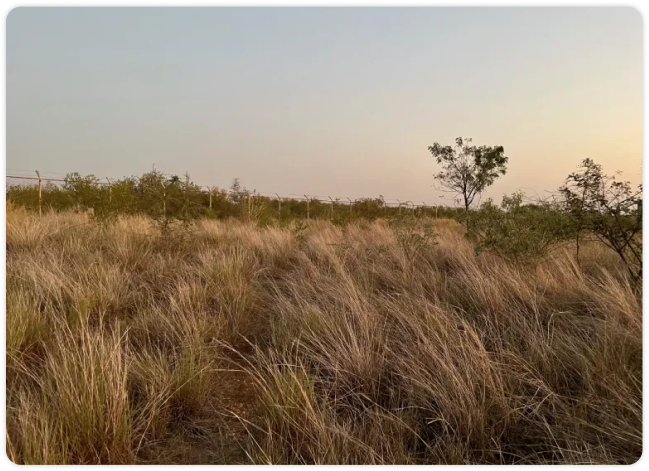
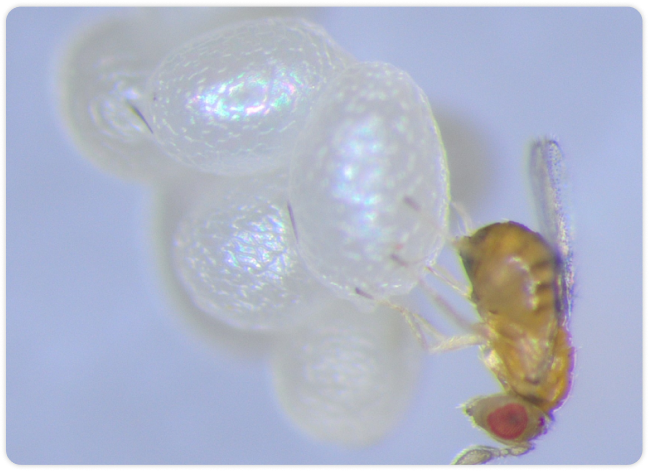
PROJECT: Intra and interspecific competition between parasitoids wasps
Competition for limited resources is a common phenomenon among all living organisms. Fluctuations in resource availability impact competitive pressure in organisms. The evolutionary life history traits of organisms are also altered by resource availability and competitive pressure. Competition has a high impact on fitness of parasitoid wasps since their offspring rely on a single host to complete their parasitic juvenile stage. In this study, we are looking at the effect of intra and interspecific competition at different resource densities on the various life history traits of parasitoids. In this study, we use egg parasitoids Trichogramma sp. as our model parasitoids and Corcyra cephalonica as the model host. This project is being conducted by SERB postdoctoral fellow Prabitha Mohan
PROJECT: Sacred Groves as islands: The roles of size, age and habitat degradation on dung beetle communities
This project is being conducted by SERB postdoctoral fellow Suvarna Khadakkar. She is analyzing the effect of size, age and disturbance grade of Sacred Groves (which are remnants of ancient forest patches) on biodiversity with dung beetles (Insecta: Coleoptera: Scarabaeidae) as an indicator group. She is analyzing how the dung beetle taxonomic and functional diversity respond to habitat modification. The project will also quantify subsequent species extinction threshold and extinction debt in Sacred Groves in degraded habitats. Her field sites are in Western Ghats (Kodagu region) and North East (Meghalaya), India.
